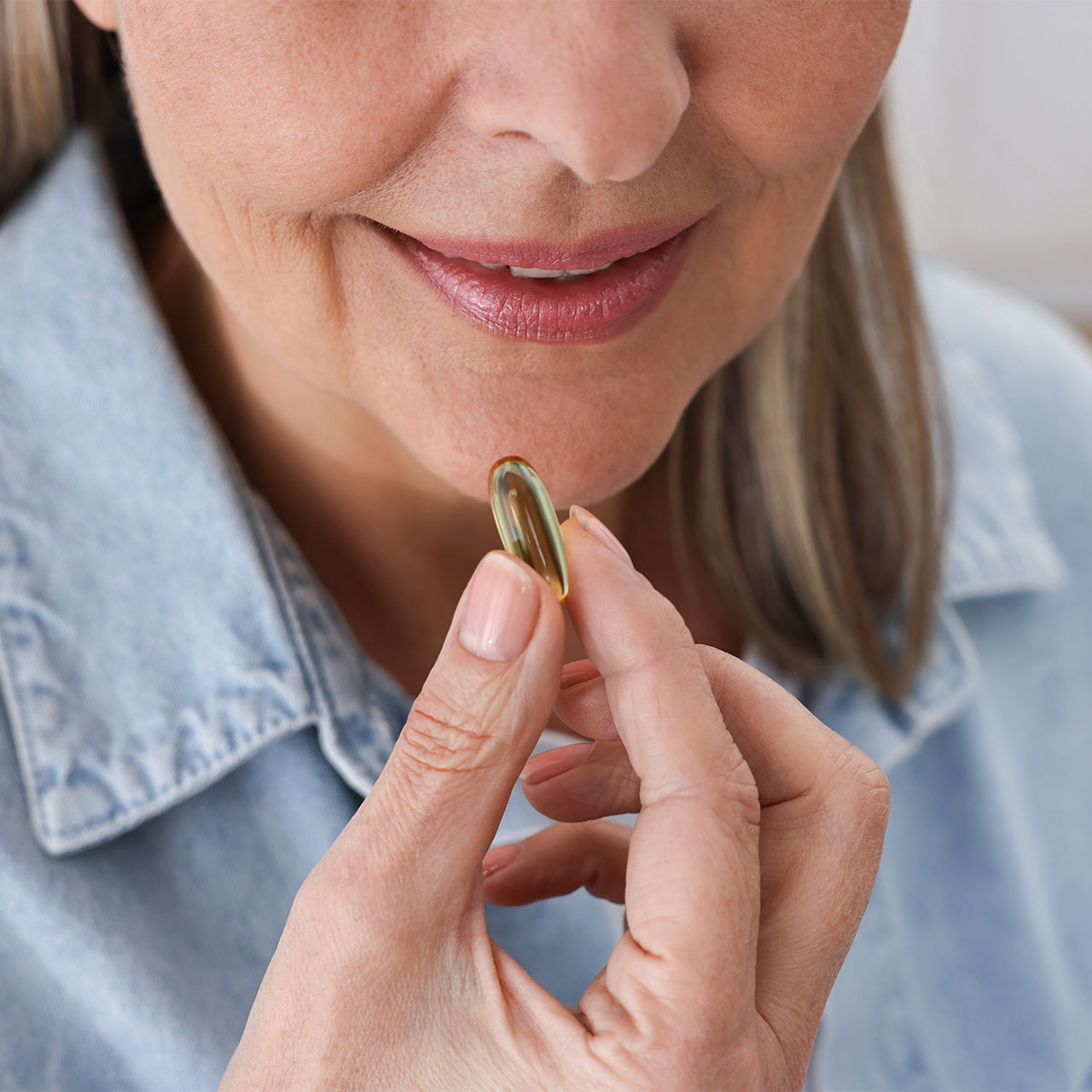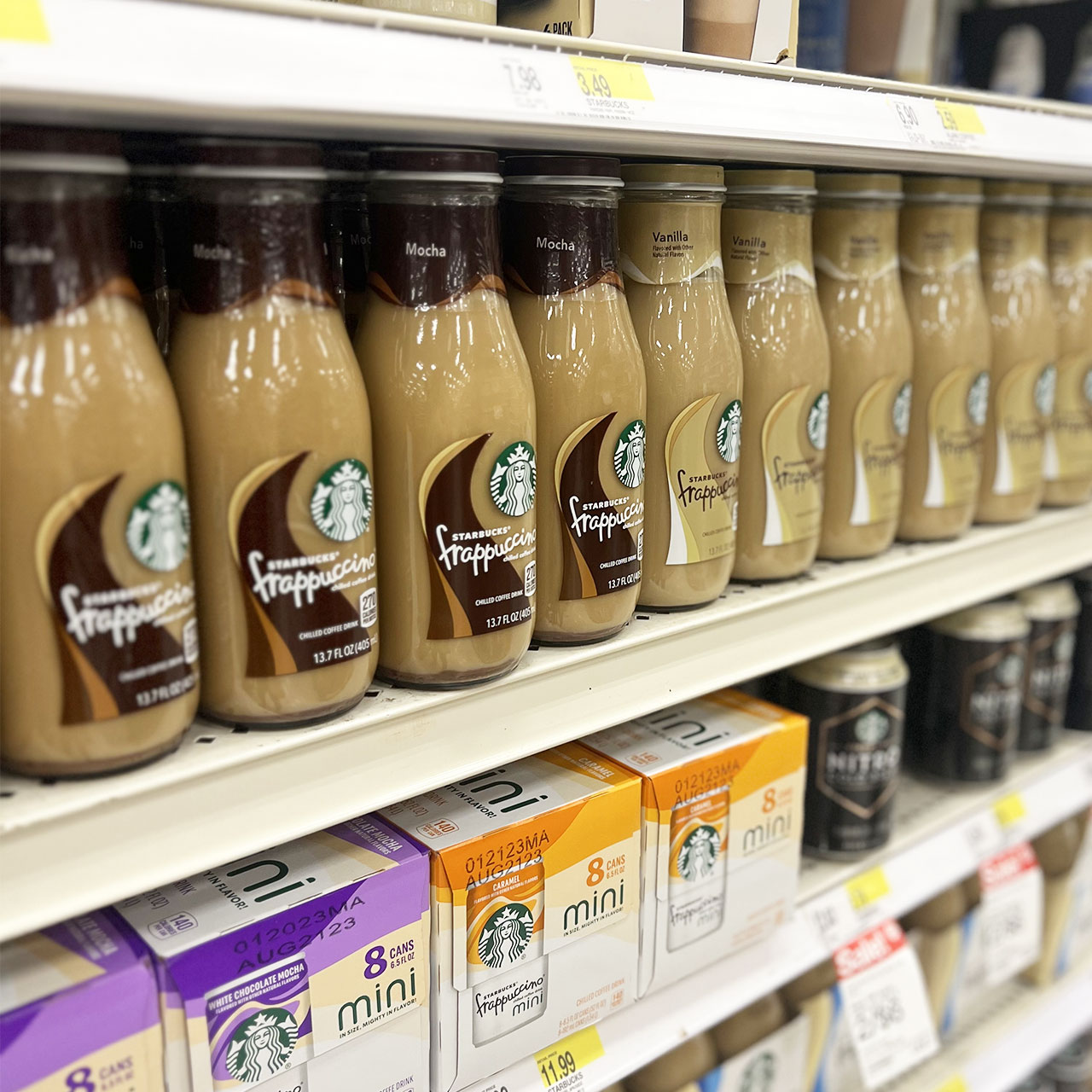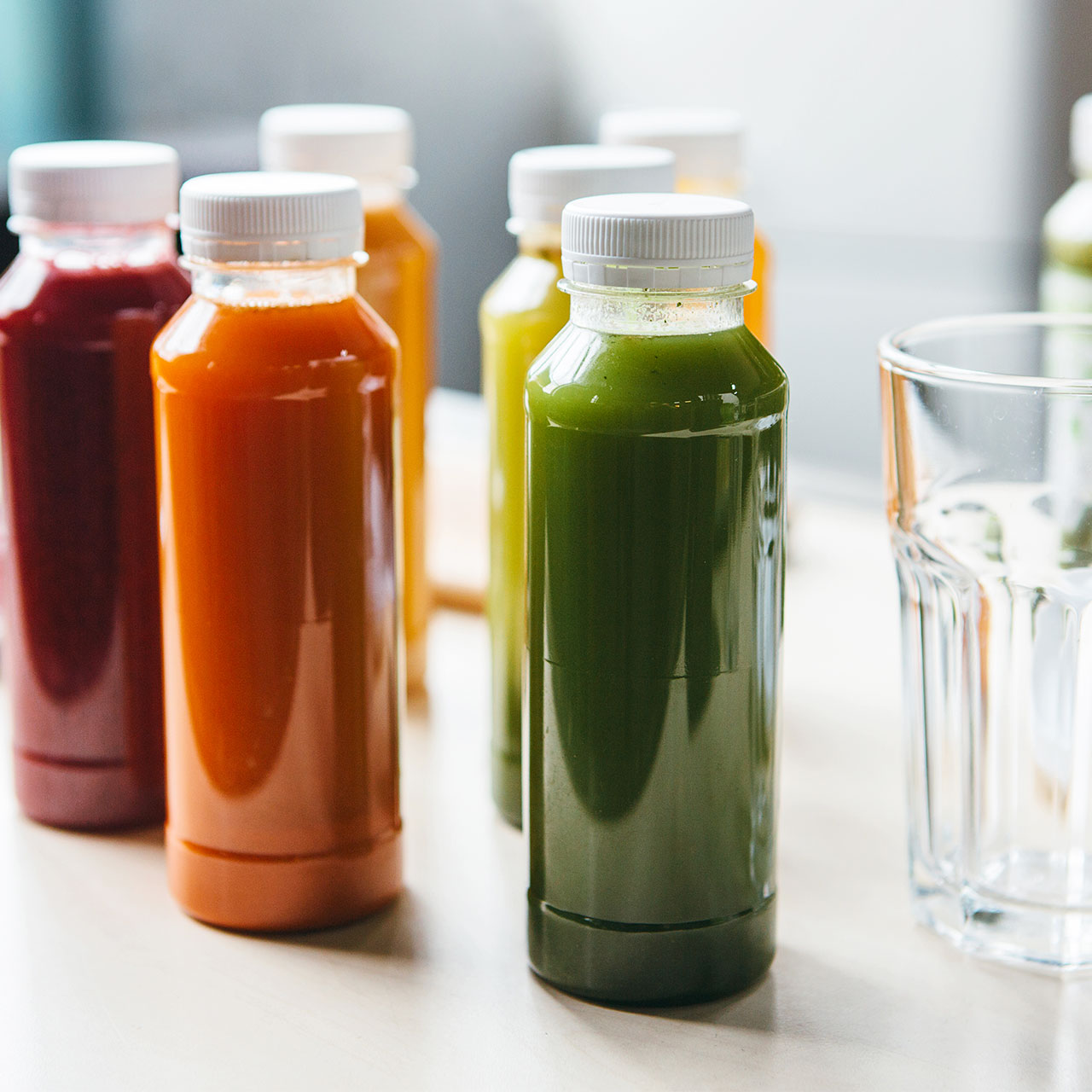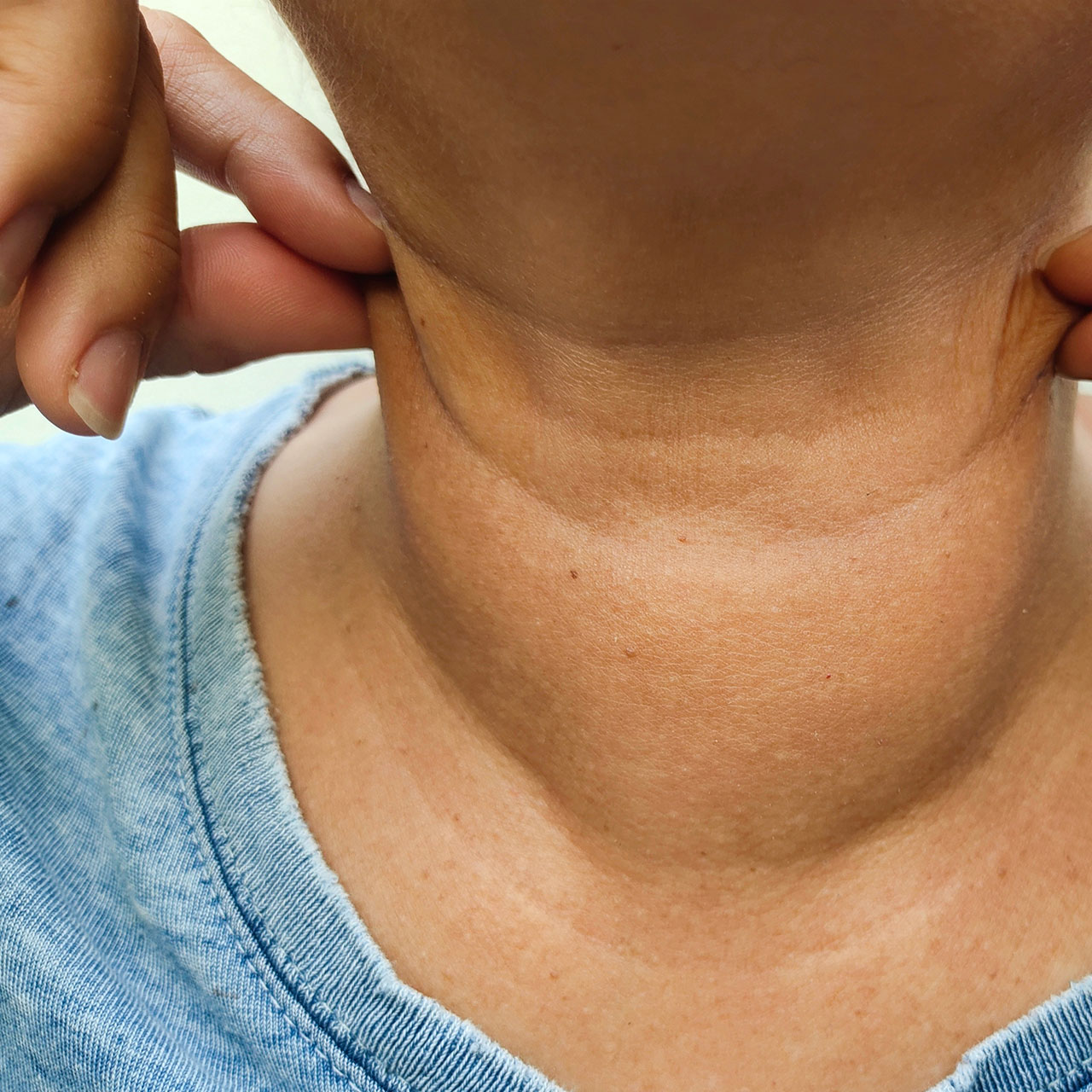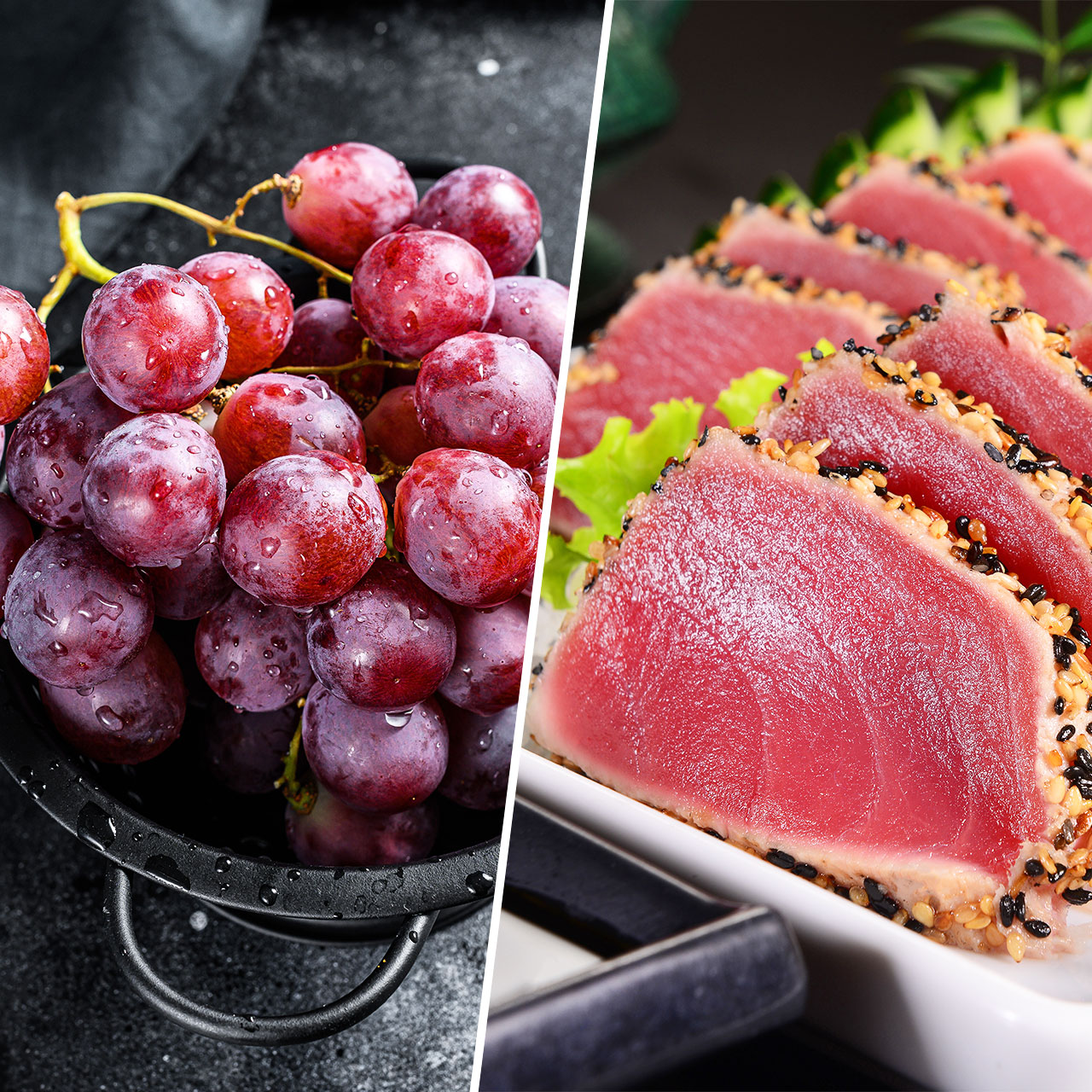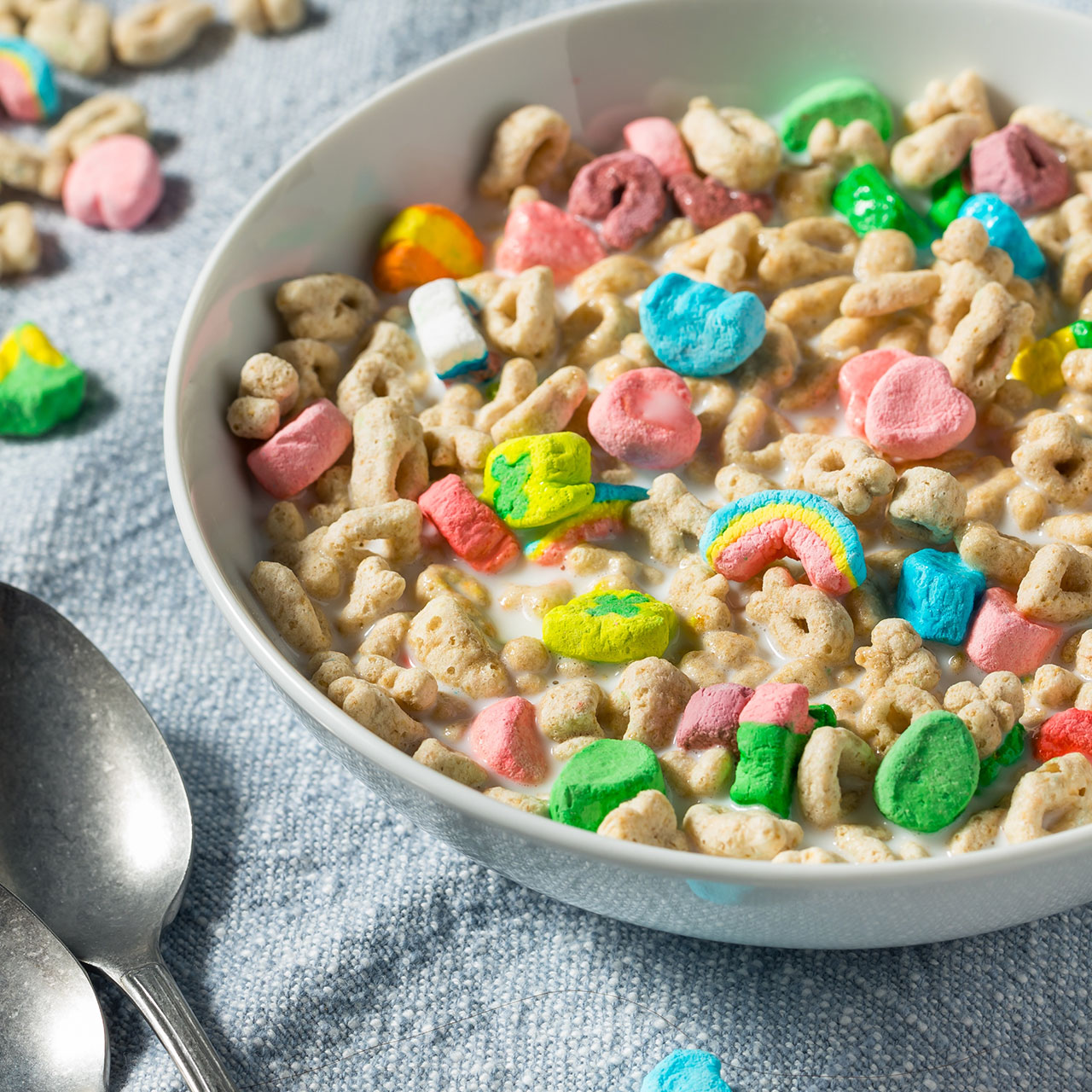Most people understand that consuming protein is crucial for healthy weight loss. But the real question is, how much protein should you eat each day? To get to the bottom of this, we consulted with experts in health, nutrition, and weight management to provide insights into the optimal daily protein intake.
When it comes to shedding weight or building muscle, protein intake is the most important factor to consider, Meera Watts, health expert, founder and CEO of Siddhi Yoga, tells us. “Protein helps us feel fuller for longer, which helps us avoid overeating while still providing the nutrition our bodies require at these times,” she explains.


How Much Protein Do You Need Daily? A Guide for Those Aiming to Lose Weight
An individual requires 1.2 to 1.6 grams of protein per kilogram of total body weight, Watts says. "This daily requirement can vary in certain ways," she continues, for example, "someone who lifts weights and wants to gain muscle mass will need a high protein intake in their diet." However, Watts goes on to say that a person attempting to lose weight can consume up to "2 grams of protein per kilogram of body weight."
When selecting a source of protein for weight loss, Lisa Richards, registered nutritionist and creator of The Candida Diet, says that you must be mindful of the calories, carbs, and fat content. “Animal sources can be high in fat and calories and plant sources tend to have more carbohydrates.” She notes, “These tend to provide you with excellent protein, but not necessarily protein for weight loss.”
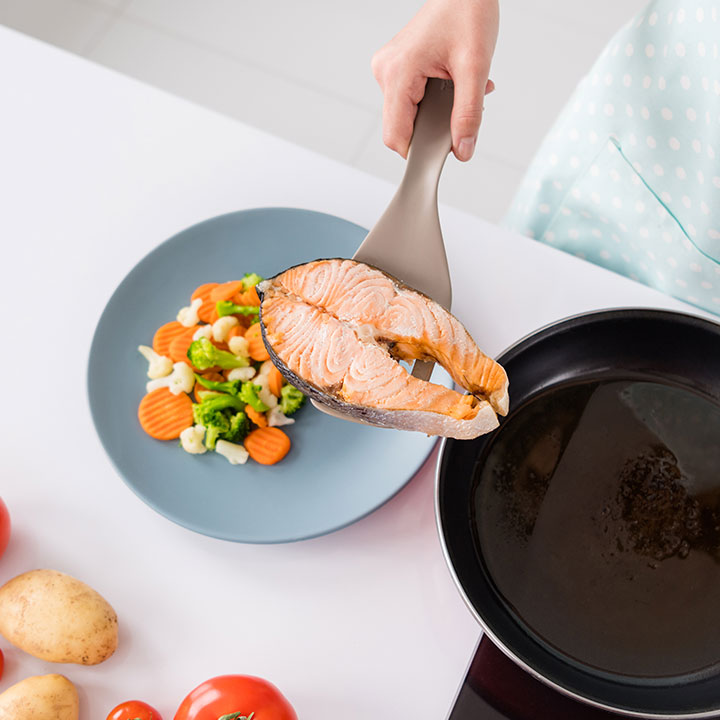
Expert Tips For Obtaining Enough Protein
Richards notes that the best sources of protein for weight loss are the ones that are “low in fat and carbohydrates.” This primarily describes “lean animal sources like chicken, turkey, or some fish,” she adds. “We only need about 8 grams of protein per kilogram of body weight for adequate weight loss,” she says. While “it can be tempting to increase your protein significantly when trying to lose weight,” this isn't necessary as long as you're getting in the recommended daily amount.
A serving of boneless, skinless chicken breast is under 300 calories, just 6 grams of fat, no carbs, and 53 grams of protein. This, Richards, suggests, is an “excellent source of lean protein for weight loss.” When purchasing chicken breast, “always opt for skinless as this is where most of the fat is contained,” she recommends.
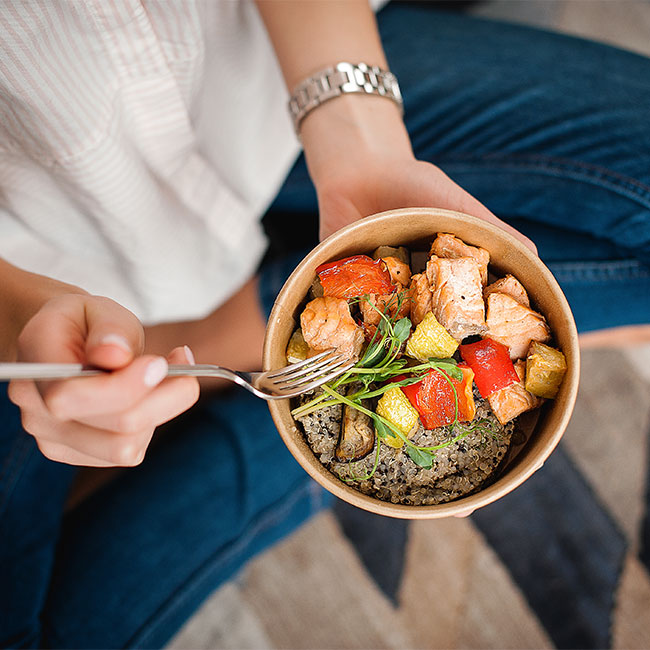
The Bottom Line
Trista Best, MPH, RD, LD, registered dietitian of Balance One Supplements, adds that “plant-based protein powders may be the answer to your weight loss efforts.” Not all protein powders are created equal, she notes, as “some are lacking adequate amounts of protein while others are calorie dense.”
For those using a vegan meal replacement shake, it is “important to select a shake that is made with all 20 amino acids,” she says. Any vegan protein powder or meal replacement “that does not have an amino acid panel should be avoided because it likely does not contain all twenty,” she concludes.



